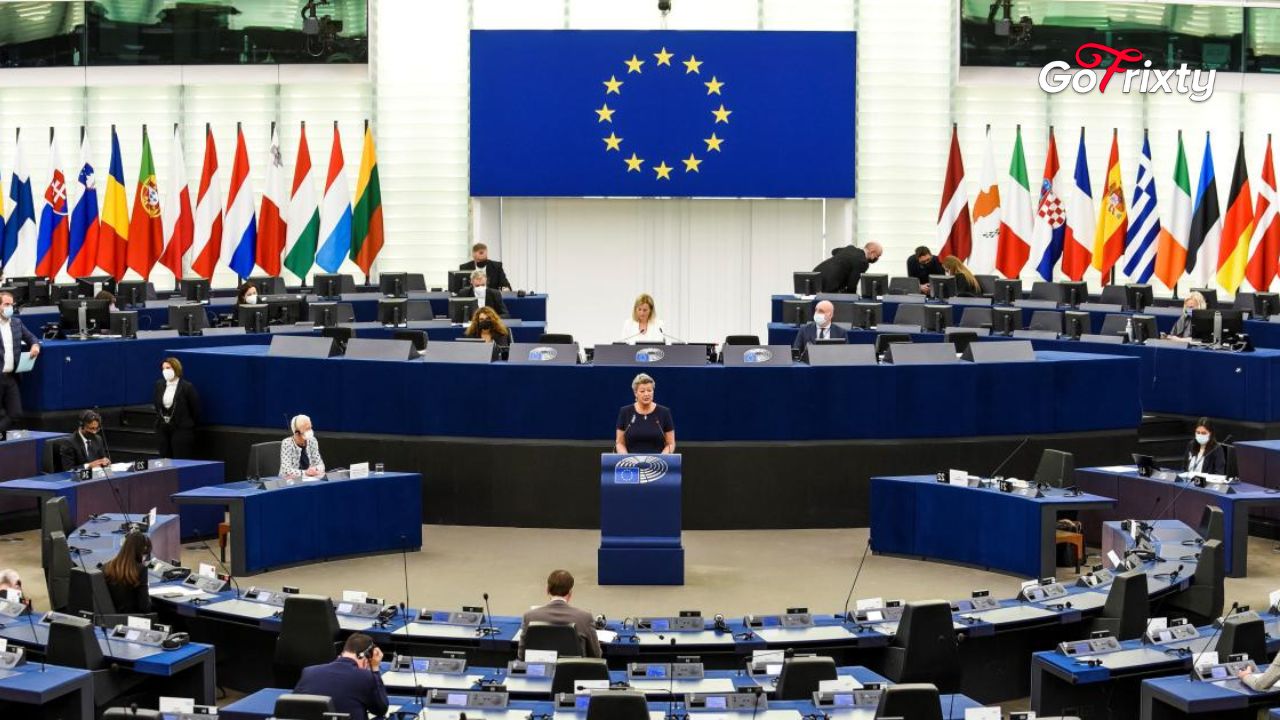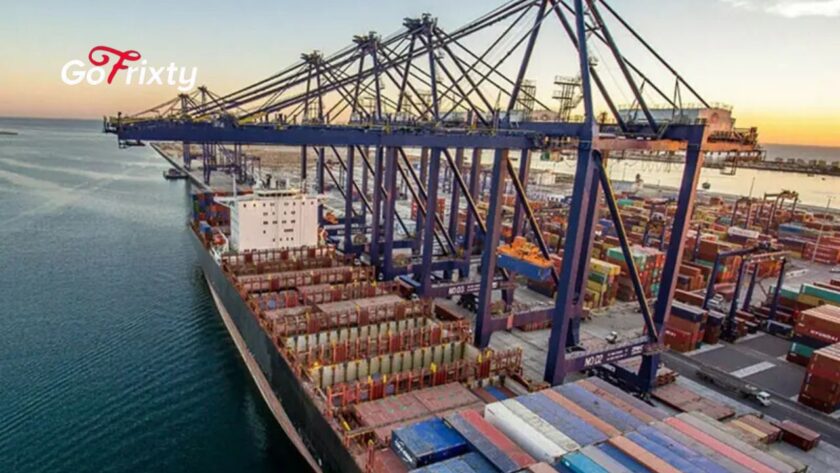The world is infinitely complex because there are an infinite number of variables that can affect any given outcome. In order to make decisions or take actions, we all rely on various beliefs or theories about “how the world works.” These beliefs can be based on our personal experience, on the information we’ve received from others, or on what we’ve read or heard. They may be based on our own observations, or on scientific evidence. But no matter how solid our beliefs may seem, they’re always subject to change. We can never be sure that all the variables we’ve taken into account are actually relevant, or that we’re applying the right approach when trying to solve a problem.
The theories of international politics or international public relations cannot offer exactly a precise plan of action that is guaranteed to succeed because their focus is on the international system as a whole, not on specific countries or events. They can provide insights into how various factors might interact, but ultimately it is up to individual countries and their leaders to make decisions based on their own interests. This can lead to unpredictability, as different actors pursue their own agendas in a complex and rapidly changing environment. In addition, events can quickly change the dynamics of a situation and make predictions difficult or impossible.
Realism and Liberalism
In the case of Ukraine-Russia war, realism is vindicated as it predicted the escalation of the crisis. Liberalism has been found wanting as it could not foresee how Putin would react to sanctions.
Realism is the belief that states are the most important actors in international affairs, and that war is a natural state of affairs in the international system. States are motivated by self-interest, and the international system is anarchic, meaning that there is no higher authority that can enforce the order. As a result, states must rely on their own capabilities to ensure their security.
Liberalism is the belief that international institutions and cooperation can help to promote peace and stability. States are motivated by self-interest, but they also have a sense of responsibility to their citizens and society as a whole. Liberalism believes that states can work together to create an international order that is based on norms and rules rather than force.
The Ukraine-Russia war can be seen as a clash between two variants of realism: the “hard” version, which sees Russia as a great power with legitimate interests in Ukraine, and the “soft” version




